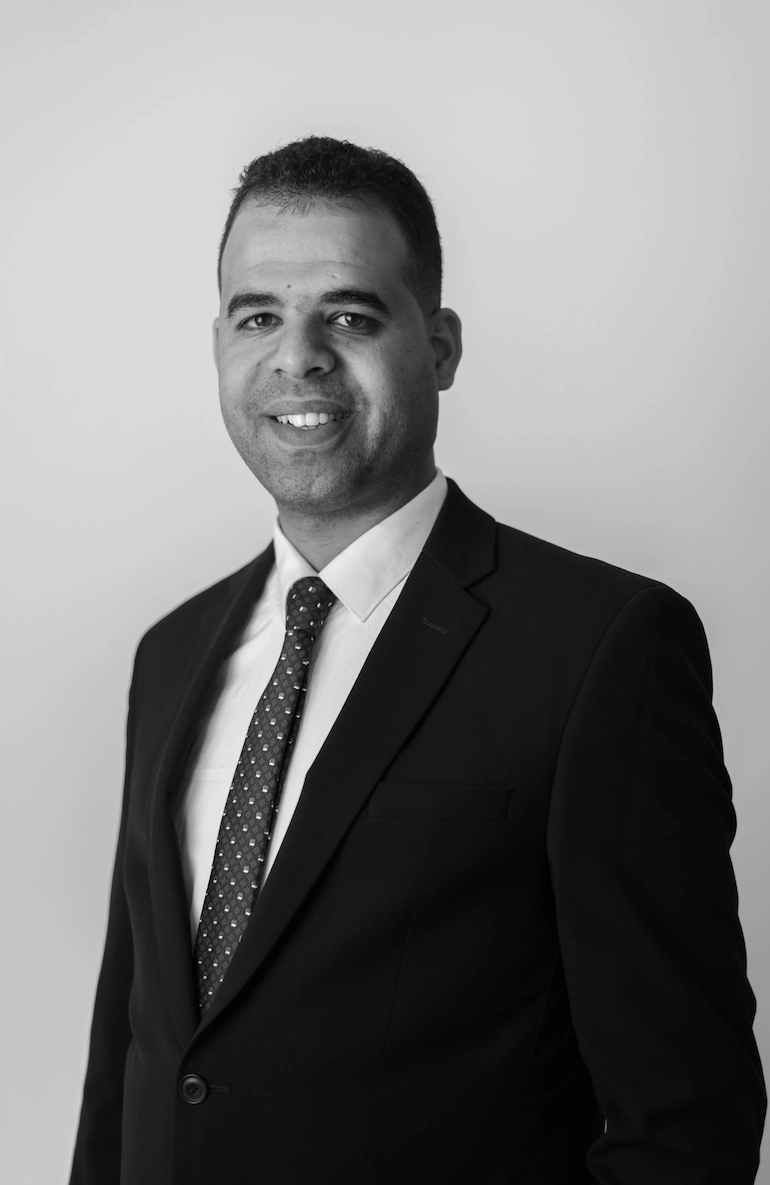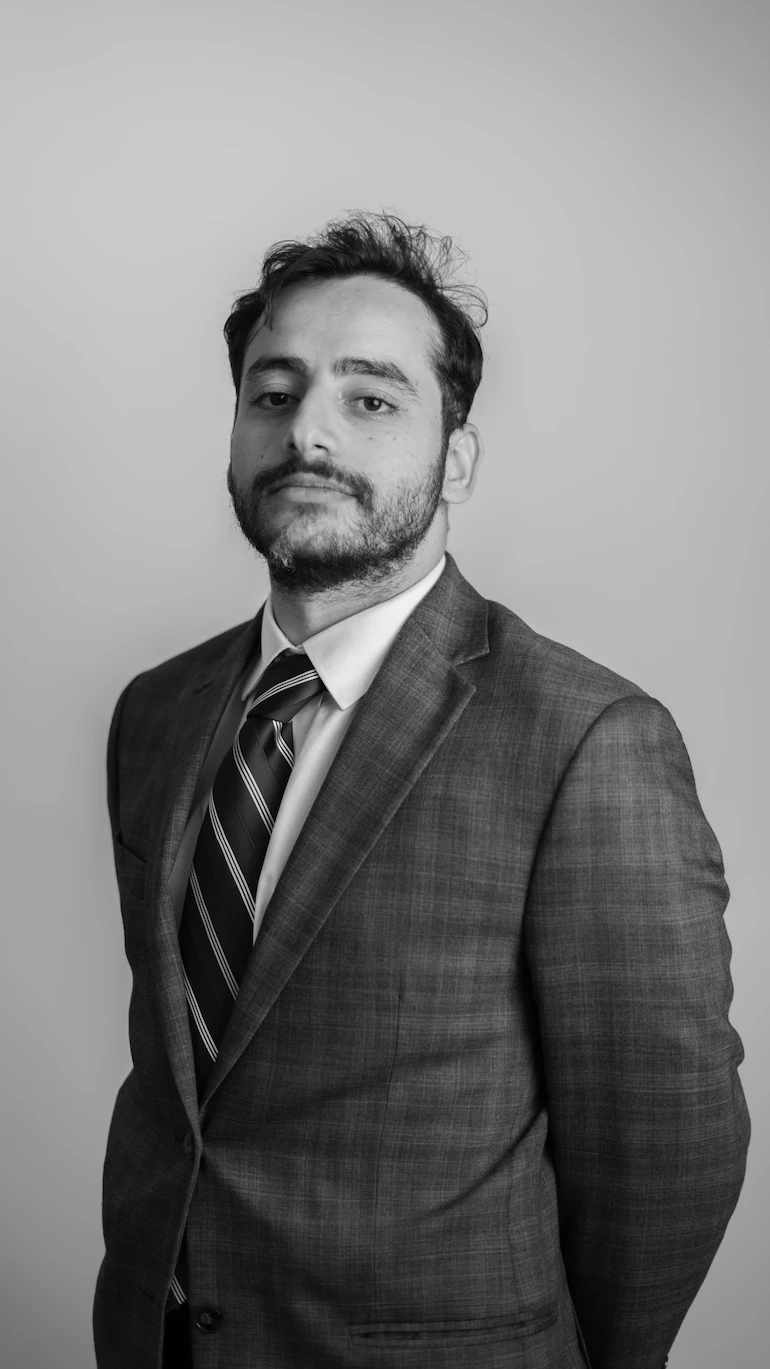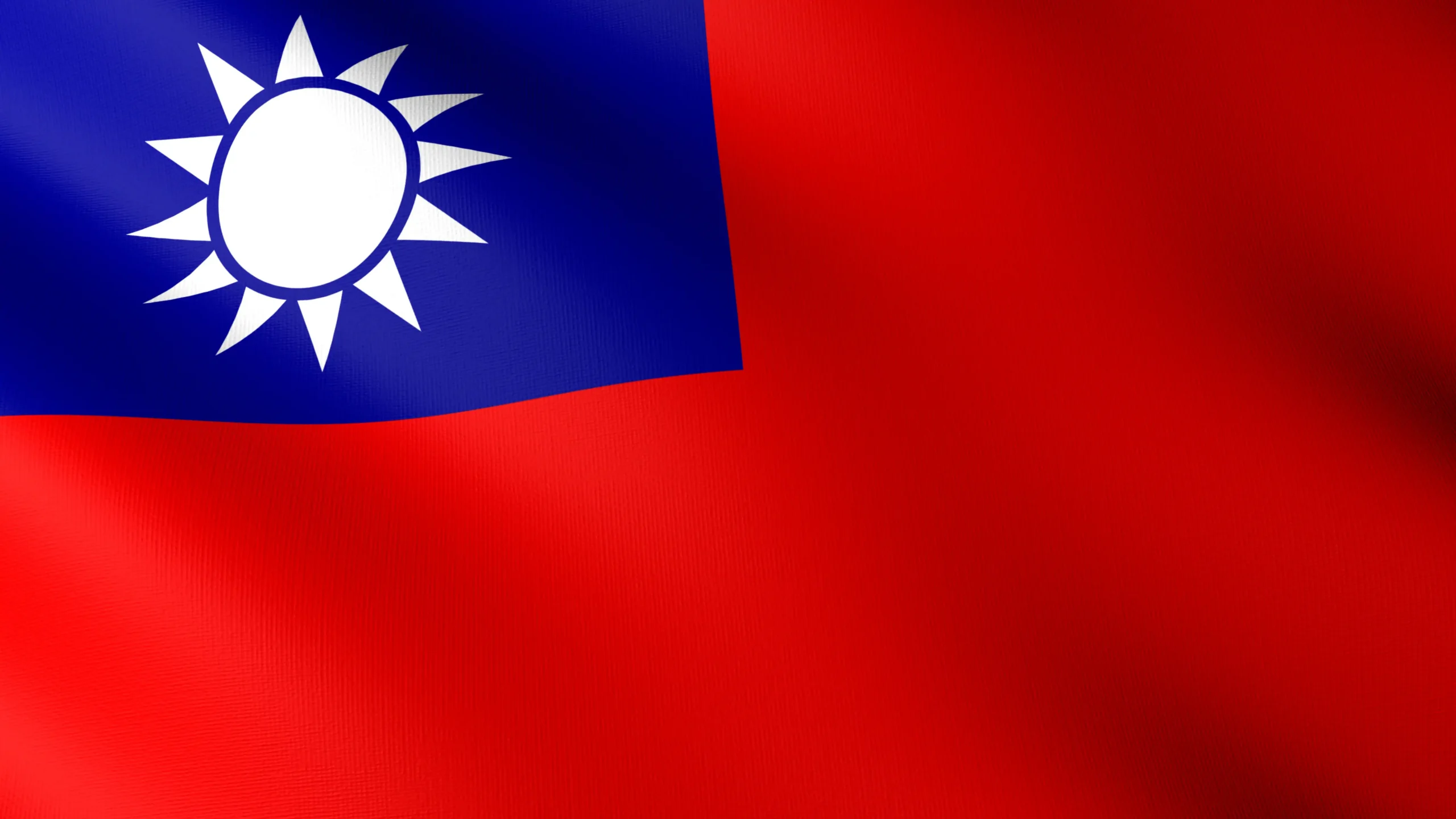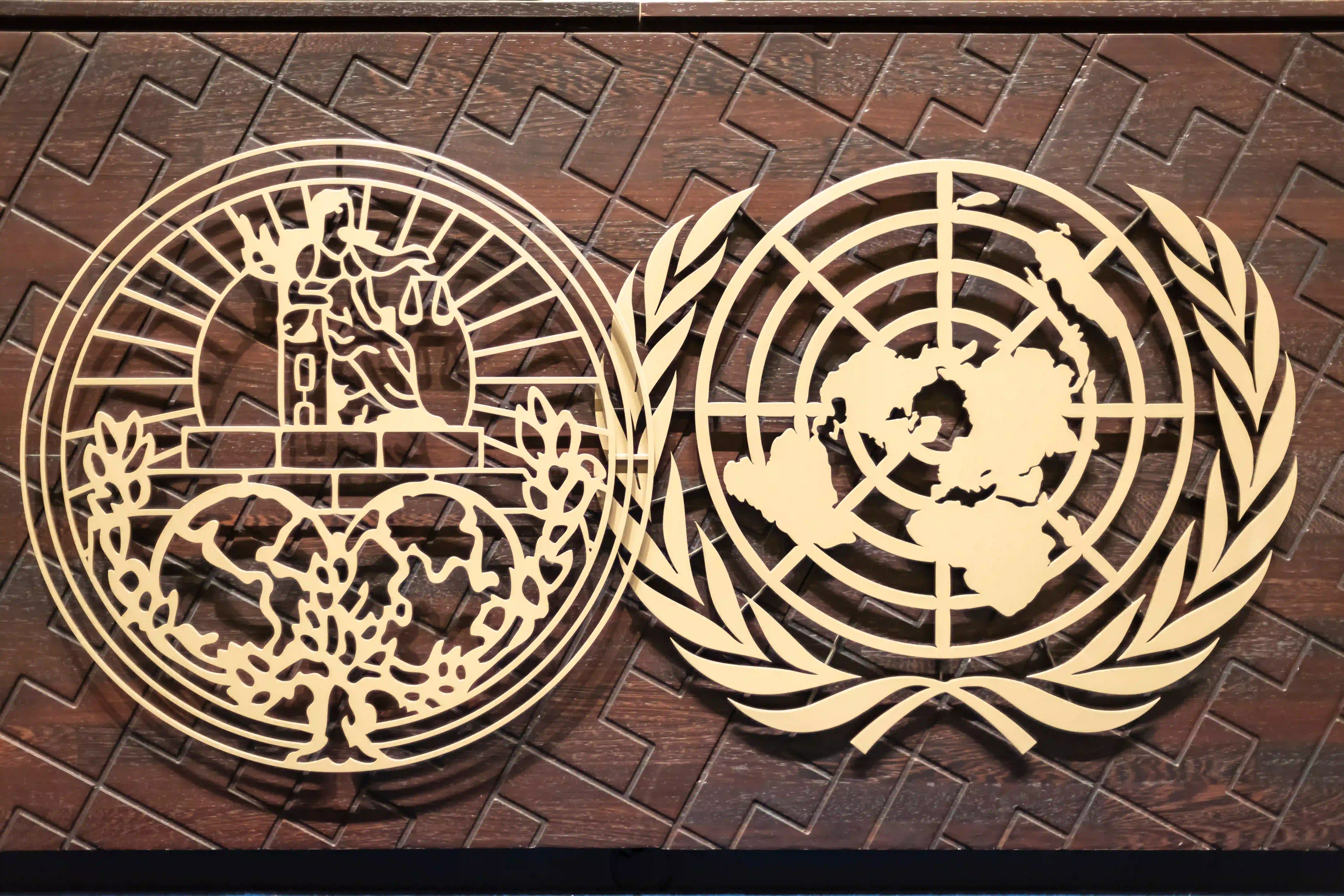On May 19, while returning from the inauguration of the Giz Galasi Dam, Iranian President Ebrahim Raisi’s helicopter crashed near Varzaqan, Iran. Initially described as a “hard landing” it became apparent by the end of the day that there were no survivors. The crash killed all on board, including President Raisi and Foreign Minister Hossein Amir-Abdollahian.
Accident or Assassination
The death of Raisi in such an abrupt way and in the face of heightened geopolitical tensions will lead to a multitude of conspiracy theories. As of yet Iranian media has not suggested that there has been foul play, and given the circumstances of the crash it is very likely that it was an accident.
If it was an accident as result of a a technical defect in the helicopter that would be very likely as the helicopter has been in service for at least 40 years and due to sanctions enacted in 1979 following the Islamic Revolution, Iran is unable to receive spare parts to conduct regular maintenance on their aircraft. Additionally, weather conditions were difficult, with heavy fog that lowered visibility to about 5 meters in a mountainous zone, making it difficult for a pilot flying an aging and ill maintained aircraft to maneuver safely.
However, there is in Iran, a reflex to blame Israel and the U.S. as the cause of domestic strife, this is especially the case after the recent escalation between Iran and Israel. This hypothesis is reinforced by Israel’s investment in “smart villages” on the Azerbaijani border, which has been interpreted as a Mossad advanced station, providing Israel with the ability to track and monitor Iran, and further amplify its covert operations in Iran.
Although the potential of Israeli involvement is low, it has not refrained from assassinating Iranian government officials or targeting government buildings, in Iran or abroad, such as the attack on the Iranian Consulate in Syria. The assassination of its president may not be the message Iran wants to send as it could draw it into a full-scale war, that would see the Middle East plunged into further chaos as Iran’s proxies in Lebanon, Syria, and Yemen are no longer restrained.
Who Was Ebrahim Raisi
Raisi was a consummate loyalist to Iranian Supreme Leader Ayatollah Ali Khamenei and was his likely successor. His sudden passing is a severe blow to the country’s conservative leadership and will have significant implications for an Iranian state beset by domestic chaos and regional and international confrontations.
Although the Supreme Leader quickly announced the appointment of vice president Mohammed Mokhber as Iran’s acting president and scheduled elections for June 28, there is no obvious successor to Raisi’s office, with the conservative party divided between hardliners and those regarded as more pragmatic.
The fate of Iran’s hardline president is not expected to disrupt the direction of Iranian domestic or foreign policy or impact the Islamic Republic in any consequential way. But it will test a system where conservative hardliners now dominate all branches of power, both elected and unelected. The system will make a massive show of his death and stick to constitutional procedures to show functionality, and in doing so will show where true power lies in Iran.
The more immediate political challenge will be staging early presidential elections. Recent elections, including the 2021 elections which brought Raisi to the presidency, were marked by the systematic exclusion of moderate and pro-reform rivals by the oversight body. This appeal to voters will come just months after March’s parliamentary elections revealed a record low turnout in a country which once prided itself on strong and enthusiastic participation in elections.
Whoever assumes the presidency inherits a forbidding agenda and limited levers of power. Given, that the ultimate decision-making authority in the Tehran lies with the Supreme Leader.
The larger and more pressing question now, is not who will be Iran’s next president, but rather who will succeed the 85-year-old Supreme Leader, given that Raisi was consistently seen as the likely replacement for the Ayatollah. Many have assumed that the Supreme Leader’s son, Mojtaba Khamenei, will be the successor. However, this could prove challenging, as a country that witnessed a revolution to displace a monarchy might not look favorably on a father passing power to his son.
Al Habtoor Research Centre’s Commentary articles allow researchers to provide quick, informed responses to ongoing topics, emphasizing personal perspectives and expert opinions without the weight of exhaustive citations. This ensures agility in addressing rapidly evolving subjects and enriches the discourse with authentic insights.


















Comments